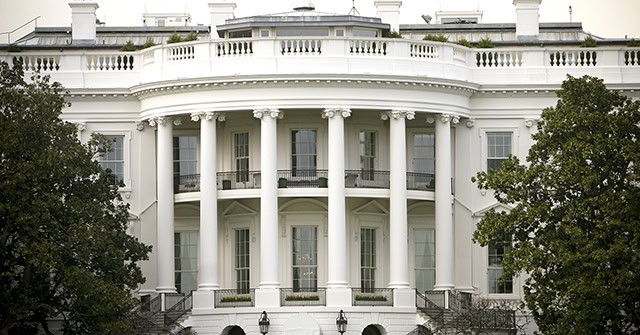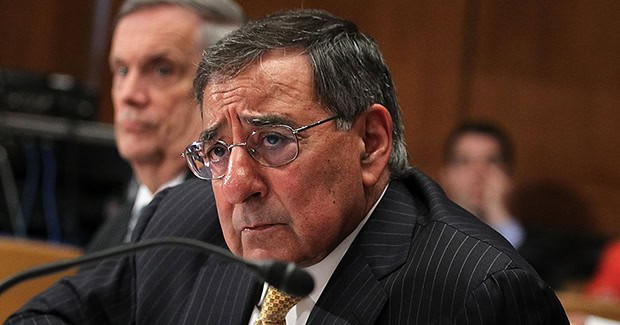Trump Administration Acknowledges Trillion-Dollar Deficits
The latest OMB report marks the first time that the administration has acknowledged that deficits will surpass $1 trillion in the near term.
Read MorePanetta: U.S. Headed for a “Death Spiral” of Deficits and Debt Unless Lawmakers Act
Unless addressed soon, the growing national debt will “seriously jeopardize and undermine the American economy,” said former Secretary of Defense Leon Panetta.
Read MoreTrustees Warn: Social Security’s Total Costs to Exceed Income for First Time Since 1982
The financial outlook for OASI has deteriorated, as the trust fund will be depleted one year sooner than projected last year.
Read MoreTrustees: Funding Challenges Threaten Medicare’s Future
The Medicare Hospital Insurance Trust Fund will be depleted in 2026, which is three years sooner than was projected in last year’s Trustees report.
Read MoreCBO: President’s Budget Fails to Put Nation on Fiscally Sustainable Path
Debt would remain on an upward trajectory and the underlying imbalance caused by growth in spending coupled with inadequate revenues would still remain.
Read MoreThe Two Reasons Long-Term Economic Growth Will Slow
While the Tax Cuts and Jobs Act of 2017 will likely boost economic growth in the near term, the effects of the legislation are temporary.
Read MorePresident Trump’s Infrastructure Plan: A Closer Look
President Trump’s infrastructure plan has not yet progressed in Congress and a number of questions and concerns have been raised about its funding structure.
Read MoreHow Tax Cuts Are Affecting Revenues and Rates
The Tax Cuts and Jobs Act will lower revenues significantly and change both tax rates and bracket widths.
Read MoreBudget Process Reform: What Are Budget Caps?
Here’s some background on the origin of caps on appropriations, also known as “discretionary caps,” and the recent history of those caps.
Read MoreWho Will Be Affected by Medicaid Work Requirements?
Proposed work requirements would have important implications for the program, its beneficiaries, and the federal budget.
Read More








